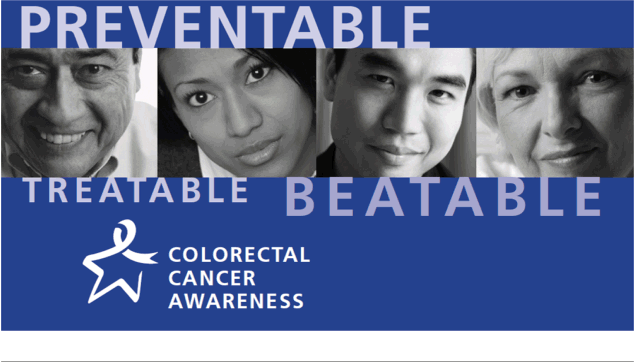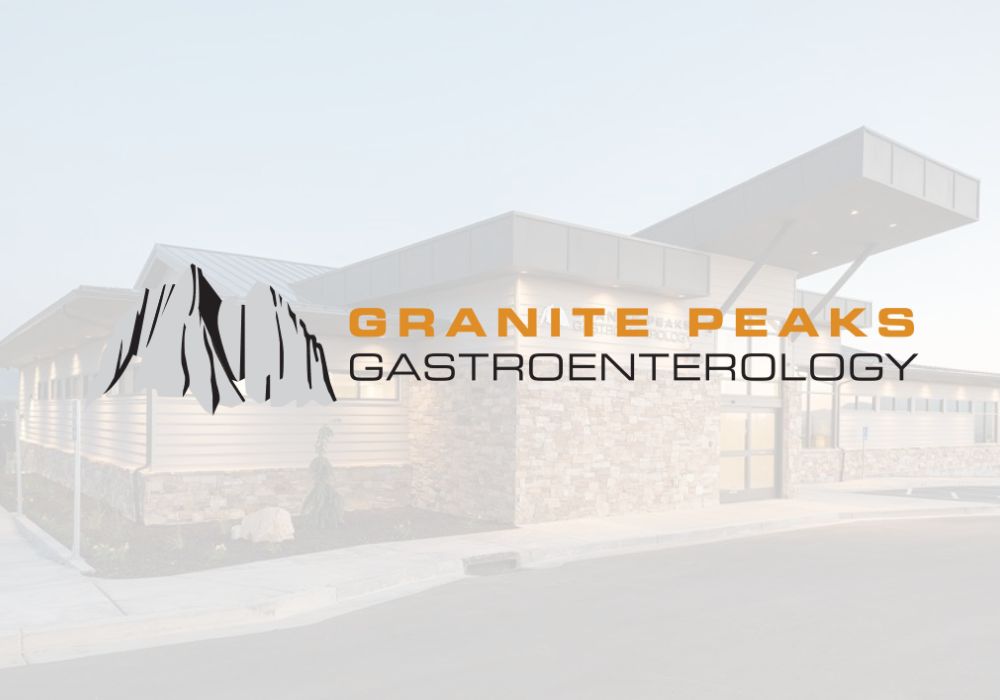Granite Peaks Gastroenterology has partnered with the American Cancer Society and the National Colorectal Cancer Roundtable to promote “Eighty By 2018.” The initiative joins force with organizations such as ours that are committed to eliminating colorectal cancer as a major public health problem. Together, we are working toward the goal of reaching 80% of adults aged 50 and older to get screened for colorectal cancer by 2018. If we can achieve 80% screening by 2018, 277,000 cases and 203,000 colorectal cancer deaths could be prevented by 2030. This would be truly remarkable!
Consider the following facts:
• Colorectal cancer ranks #2 among killer cancers in the United States. Around 50,000 people die of colorectal cancer each year in the U.S.
• The likelihood of developing colon cancer in your lifetime is 1 in 20
• There are 136,000 new cases of colorectal cancer each year in the U.S
• 1 in 3 American adults (almost 23 million total) aren’t screened for colorectal cancer as recommended
• There is a 90% reduction in cancer risk following colonoscopy and polypectomy
When adults get screened for colorectal cancer, it can be detected at an early stage when treatment is most likely to be successful. In some cases it can be prevented through the detection and removal of precancerous polyps. Colon cancer arises from precancerous growths (polyps) that grow in the colon. When detected early, these polyps can be removed, stopping their progression to colorectal cancer. Prevention is powerful! Unlike other cancer screenings, which only detect a problem, colonoscopy screening can prevent colorectal cancer by removing these precancerous polyps during the exam.
The risk of colorectal cancer is roughly equal in men and women, and is most common after the age of 50, but it can also strike at younger ages. It is also more likely if you have a family history of colorectal cancer or polyps. Symptoms that may be associated with colorectal cancer might include new onset of abdominal pain, blood in the stool, or a change in your typical bowel habits. However, most colorectal cancers produce NO SYMPTOMS and this is why screening is SO IMPORTANT!
Colonoscopy every 10 years is the preferred colorectal cancer prevention test. For normal risk individuals, the American College of Gastroenterology recommends colonoscopy beginning at age 50 (age 45 for African Americans). Other screening tests are also available. Just remember, the best screening test is the one that gets done!
So please join us here at Granite Peaks Gastroenterology and Endoscopy and make the pledge to reach our “80% by 2018” goal. By scheduling your colonoscopy screening, we can take steps to eliminate this terrible disease that can lead to heartbreak for too many. You (and your family) will be glad you did!
Additional resources:
www.nccrt.org
www.cancer.org


